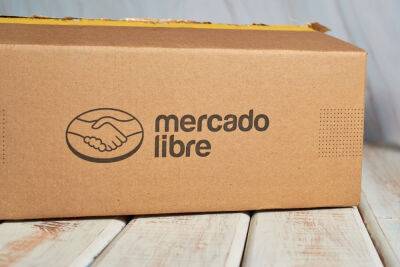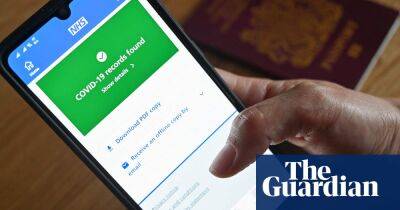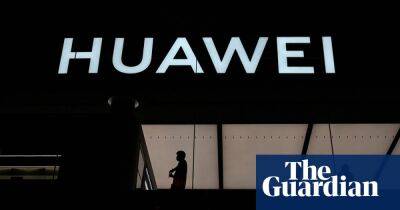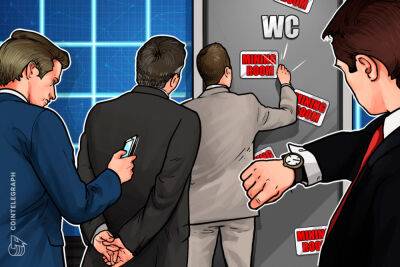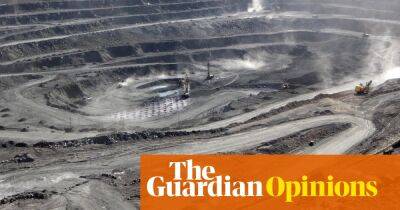China’s economy slows unexpectedly as Covid outbreaks and property crisis bite
China’s economy unexpectedly slowed in July, with factory and retail activity squeezed by Beijing’s zero-Covid policy and a property crisis, while the central bank surprised markets by cutting key lending rates to revive demand.
July’s industrial output grew 3.8% from a year earlier, slightly down from 3.9% in June, data from the National Bureau of Statistics (NBS) showed. That compared with a 4.6% increase expected by analysts in a Reuters poll.
Retail sales, which only turned positive in June, rose 2.7% from a year ago, greatly missing analysts’ forecast for 5% growth and below the 3.1% growth seen in June.
The world’s second-biggest economy narrowly escaped a contraction in the June quarter, hobbled by the lockdown of the commercial hub of Shanghai, a deepening downturn in the property market and persistently soft consumer spending.
However, risks to growth abound as many Chinese cities, including manufacturing hubs and popular tourist spots, imposed lockdown measures in July after fresh outbreaks of the more transmissible Omicron variant were found.
“The risk of stagflation in the world economy is rising, and the foundation for domestic economic recovery is not yet solid,” the NBS warned in a statement.
The property sector, which has been further rocked by a mortgage boycott that weighed on buyers’ sentiment, deteriorated in July. Property investment tumbled 12.3% in July, the fastest rate this year, while the drop in new sales deepened to 28.9%.
Chinese policymakers are trying balance shoring up a fragile recovery and eradicating emerging Covid clusters, with the economy expected to miss its official growth target this year – set at about 5.5% – for the first time since 2015.
“All economic data disappointed in July, with
Read more on theguardian.com

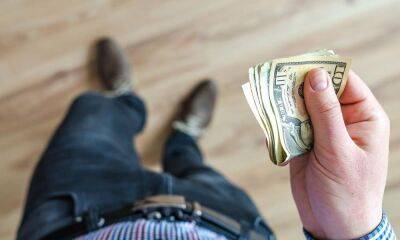
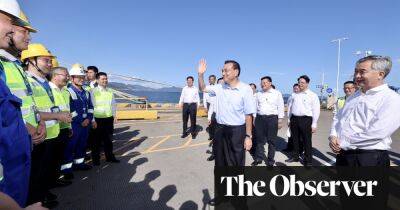
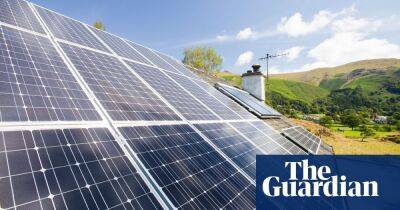
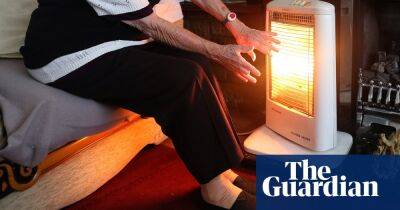
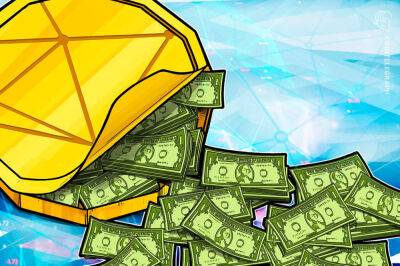
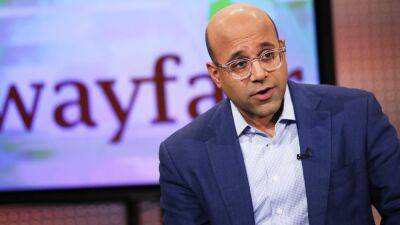




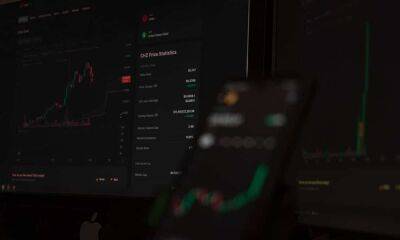

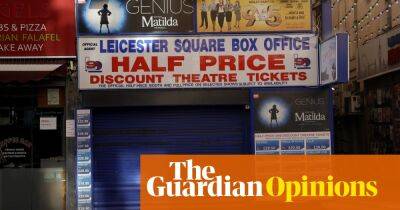
![Vitalik Buterin - John Deaton - David Hoffman - Should Ripple [XRP] be left to rot- Well, Vitalik Buterin thinks… - ambcrypto.com - China - Canada](https://finance-news.co/storage/thumbs_400/img/2022/8/19/37754_grzeo.jpg)
